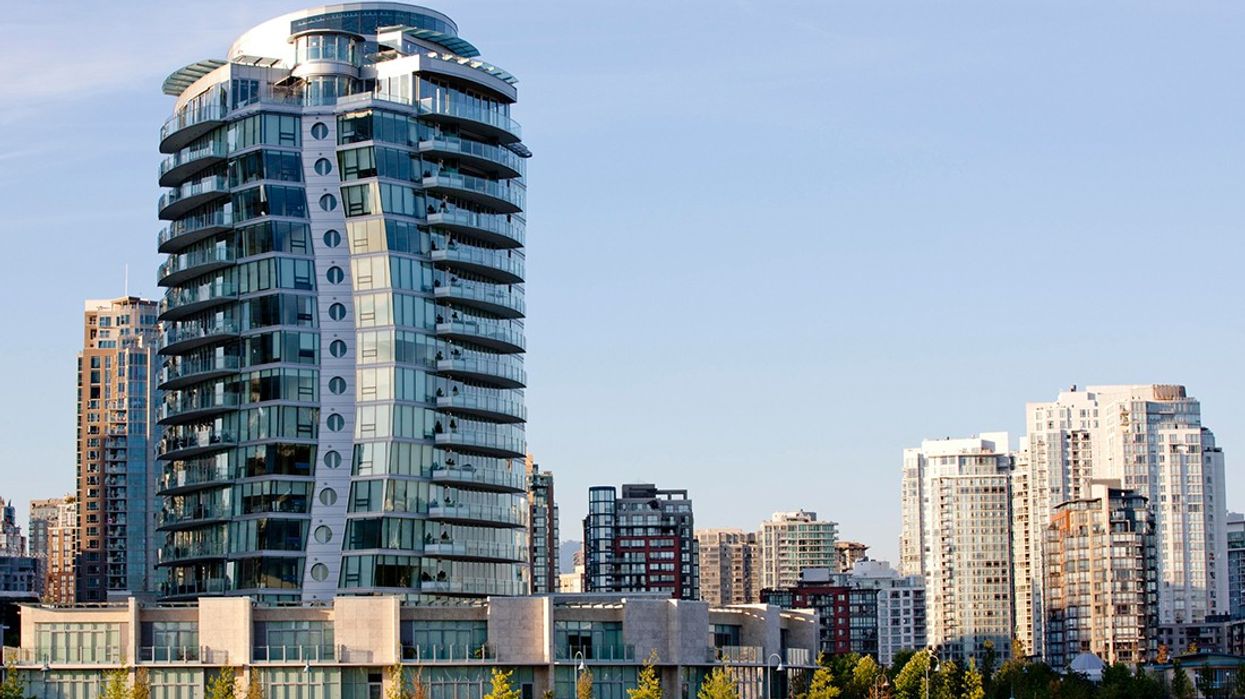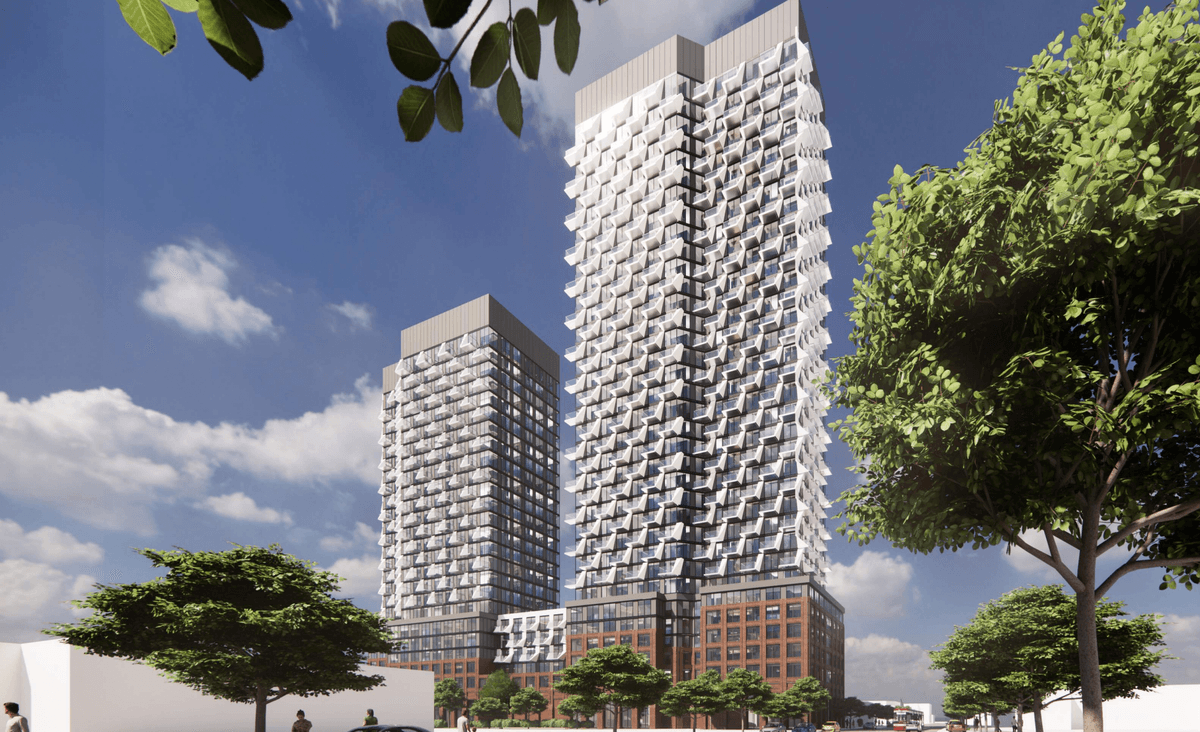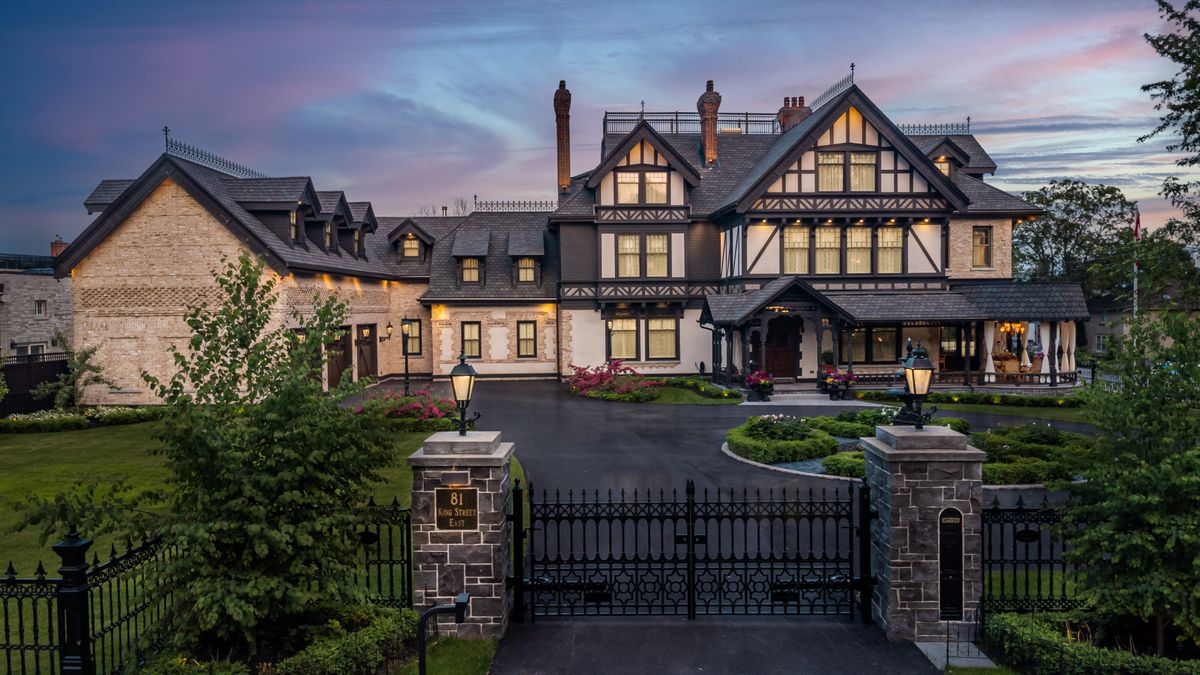In 2004, Concord Pacific submitted a development permit application to the City of Vancouver to build what is now called The Erickson, an 18-storey strata condominium building that sits on 1560 Homer Mews, right along False Creek.
The Erickson is equipped with an array of amenities that are common in luxury condo buildings: a theatre, swimming pool, and exercise room, among others.
Under British Columbia's Real Estate Development and Marketing Act, developers cannot begin marketing and presales until they file an official Disclosure Statement that notes all material facts about the project, including specifications, phasing, parking entitlements, warranty details, permitted uses, and strata information.
Concord Pacific filed its Disclosure Statement for The Erickson on September 28, 2005,
Included in the Disclosure Statement was a preliminary strata plan that said Concord would be able to designate certain common areas in the building as amenity spaces. The strata plan also noted that the second floor of the building would have an amenity area. The aforementioned amenities were listed in the Disclosure Statement, but none of them were planned for the second floor.
On October 4, 2005 — a week after the Disclosure Statement was filed — Chi Yan Hui, also known as Terry Hui, the CEO and President of Concord Pacific, entered a presale agreement to purchase the penthouse unit — legally referred to as Strata Lot 60 — atop The Erickson.
That purchase agreement and the aforementioned Disclosure Statement would eventually become central to a legal battle that has been ongoing for several years, and returned to the Supreme Court of British Columbia this month.
Common Ground
The penthouse of The Erickson consists of the entire top two floors of the building, includes four bedrooms and six bathrooms, and currently carries a value of $18,981,000, according to BC Assessment.
According to the Court, Terry Hui believes that in addition to the penthouse, the owner of Lot 60 is also entitled to additional amenities, including a private parking area, a private street-accessible entrance and lobby area that makes up most of the second floor, and a private elevator that connects the two with the penthouse.
Hui says this was outlined in the Disclosure Statement.
At the time Hui entered into the presale agreement, although Concord Pacific had submitted its development permit application to the City of Vancouver, the City had yet to approve the application and issue the permit, which often includes conditions that the developer must abide by.
When the City eventually issued that development permit, on November 17, 2005, it included multiple conditions pertaining to the amenity spaces, including the second floor.
"Amenity areas of approximately 10,156 sq. ft, located Level Pl, 1, and 2, and excluded from the computation of floor space ratio, shall not be put to any other use, except as described in the approved application for the exclusion," the City said. "Access and availability of the use of all amenity facilities located in this project shall be made to all residents, occupants and/or commercial tenants of the building."
Concord Pacific then commenced construction on the project, which ultimately completed in 2010.
On January 22, 2010, Concord filed the official strata plan, Strata Plan BCS3702, to the Land Title Office.
In that strata plan, however, Concord noted that the amenity space that makes up most of the second floor was for the sole use and benefit of the owner of the penthouse. As is customary, the City has to sign the strata plan, and it did so without detecting that this was not aligned with the development permit conditions.
Once the strata discovered the discrepancy, after what appears to be several years later, the strata asked the City to send an inspector to assess whether the building was in compliance with the conditions laid out in the development permit.
On August 24, 2017, a City inspector confirmed to the strata that there was indeed a violation of the development permit.
On January 17, 2018, the strata made a formal application to the Registrar of Land Titles to declare the discrepancy an error and remedy the situation.
The strata was not successful.
In its decision dated March 29, 2019, the Registrar of Land Titles concluded that Concord Pacific always intended to designate the private parking area, second floor amenity space, and private elevator for the exclusive use of the penthouse owner.
"What I have received is evidence that essentially all of the space on the second level was intentionally designated as limited common property for the benefit of Strata Lot 60 and that sheet 7 of 25 intentionally described the two large open spaces on that level as "Penthouse Lobby/Amenities," the Registrar said. "The evidence presented indicates that there is complete consistency between the preliminary strata plan, the Strata Plan, and Disclosure Statement, and the disclosures made therein, from the inception of the Erickson to date."
In essence, the conclusion was that the discrepancy was pertaining to the City's development permit conditions, not the strata plan.
Around late 2021 and early 2022, Concord Pacific — helmed by Hui, the owner of the penthouse — submitted an application with the City of Vancouver to amend the development permit and designate the second floor amenity space as exclusive to the penthouse owner — which the City had previously said Concord could do.
The City denied the application, however, bringing the situation to an impasse.
Love Thy Neighbour
On November 9, 2022, the strata filed a petition with the Supreme Court seeking a remedy, arguing that the development permit is evidence that Concord intended the second floor amenity space be available to all residents of the building.
Critical to the case is also whether the discrepancy was a unilateral mistake — the mistake of one party (Concord, in this case) — or a mutual mistake.
The strata argues that the discrepancy was a unilateral mistake made by Concord. Hui did not argue that it was a mutual mistake, but argued against the characterization of a unilateral mistake, essentially taking the stance that there was no error at all.
Hui has since sought to get the strata's petition dismissed, claiming that the petition is an abuse of process because the strata is making the same argument, and using the same evidence, that it used with the Registrar of Land Titles. But Justice Lauren Blake did not accept the argument, dismissing Hui's application in a judgement made public on August 22.
"Counsel for the strata confirmed their position is that the developer made an intentional unilateral mistake, knowing that the development permit did not comply with the Disclosure Statement, and that they intentionally filed a strata plan that did not comply with the development permit," said Justice Blake. "They argue that the developer knew about the mistake in the Strata Plan, and permitting the developer to take advantage of that would amount to the equivalent of fraud."
Meanwhile, Hui also argued that the strata's petition seeks to "expropriate" his personal rights over the private amenity space, rather than seek compensation from Concord Pacific, and that the strata is only bringing this petition against him personally because he is the President of Concord Pacific.
Furthermore, Hui argued that the strata has no reasonable claim, legally, and also meets the legal definition of "unnecessary, scandalous, frivolous or vexatious." Again, Justice Blake shot down both arguments.
Blake said the legal basis of the strata's petition makes clear that the position they're taking is that Hui, as President of Concord, "knew or ought to have known" that Concord had submitted a development permit application seeking to exclude the second floor amenity space from FSR calculations on the basis that the amenity space would be used for all residents of the building.
"The developer ultimately received a development permit with the "express condition that the amenity spaces, including the L-2 amenity space, had to be permanently maintained for the exclusive use of the residents and occupants of The Erickson," said Blake. "In these circumstances, where Mr. Hui is not only the owner of Lot 60, but also the President of Concord, I cannot conclude the strata's petition is unnecessary, scandalous, frivolous, or vexatious."
With Hui's application denied, the strata's petition will now continue to proceed.
In March 2022, however, prior to the strata filing its petition, Hui himself filed a lawsuit against the strata over claims that the saga about the amenity spaces delayed the completion of his penthouse unit, resulting in him having to pay the City of Vancouver's Empty Homes Tax. Hui also reportedly proposed a plan to the strata to charge residents for use of the second floor amenity space.
It's unclear whether Hui currently lives in the penthouse at The Erickson, but — if he does — there are undoubtedly many awkward encounters around the building (and having those private amenities all to himself has probably never looked more appealing).





















